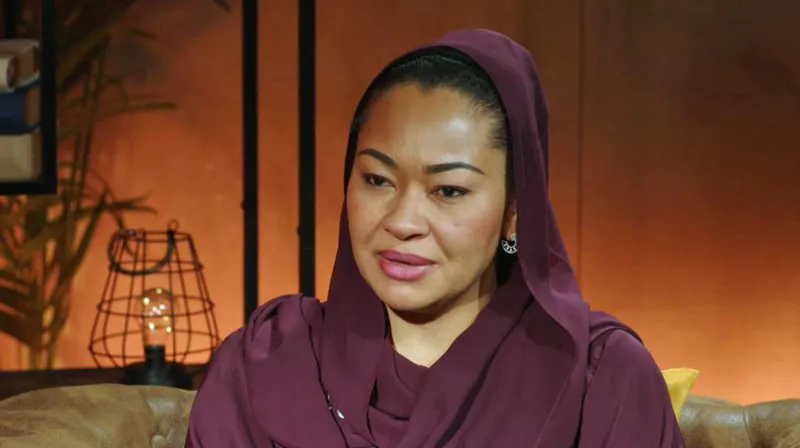In the complex landscape of Nigerian politics, where power struggles and legal battles frequently make headlines, the story of Senator Natasha Akpoti stands out as a compelling example of how information can sometimes reach political figures through unexpected channels. According to verified reports, Senator Akpoti, representing Kogi Central, became aware that the Nigerian government was suing her not through official channels or direct communication but through media reports—specifically, news outlets that covered the lawsuit.
The Sequence of Events
On a routine day, Senator Akpoti was going about her duties when she first encountered news reports indicating that the Nigerian government had initiated legal proceedings against her. The reports, published by reputable Nigerian media organizations, alleged that she was being sued over alleged financial misconduct related to her political activities and business dealings.
Subsequently, Senator Akpoti confirmed with her legal team that no official notification or summons had been delivered to her directly by government authorities. This discrepancy between the media reports and her personal knowledge of the situation raised concerns about the transparency and communication practices of the government agencies involved.
Legal and Ethical Implications
The manner in which Senator Akpoti learned about the lawsuit underscores several critical issues:
- Transparency in Legal Processes:
The Nigerian legal system mandates that individuals be formally served with court papers before legal action proceeds. Learning about a lawsuit through the media suggests a breach of this principle, raising questions about whether due process was followed. - Freedom of Information and Fair Trial:
Access to accurate and timely information is fundamental to ensuring a fair defense. When legal actions are disseminated via news outlets without official notification, it hampers the ability of the accused to prepare adequately, potentially compromising their rights. - Government Communication Practices:
The incident highlights the need for government agencies to adopt more transparent and direct communication channels with stakeholders, especially in politically sensitive cases involving public officials.
Reactions and Broader Context
Senator Akpoti’s experience resonated with many Nigerians who have observed similar patterns in political and legal spheres. Critics argue that such practices erode public trust in institutions and undermine the rule of law. Others believe that it reflects a tendency to use media to influence public opinion or to circumvent formal legal procedures.
In response, Akpoti issued a statement emphasizing her commitment to transparency and her willingness to cooperate fully with judicial processes once she receives official notifications. She also called for reforms in how legal notifications are handled, advocating for adherence to established legal protocols to uphold justice and fairness.
Lessons for Nigerian Governance
This incident sheds light on the importance of robust legal and administrative frameworks that protect individuals’ rights and ensure accountability. It also underscores the need for government agencies to prioritize communication and uphold due process, especially when dealing with public officials.
Moreover, it serves as a reminder to Nigerian citizens and politicians alike about the vital role of transparency in governance. As Nigeria continues its journey towards strengthening democratic institutions, cases like Senator Akpoti’s highlight the ongoing challenges and the collective responsibility to uphold justice and the rule of law.
Conclusion
Senator Natasha Akpoti’s experience of discovering her lawsuit through news reports rather than official channels is a stark reminder of the importance of transparency and proper legal procedures in Nigeria. It calls for reforms that ensure individuals are duly notified and that legal processes are conducted fairly and openly. As Nigeria navigates its democratic evolution, safeguarding these principles remains essential to building a just and equitable society.
Email Us on editorial@nnafrica.com













